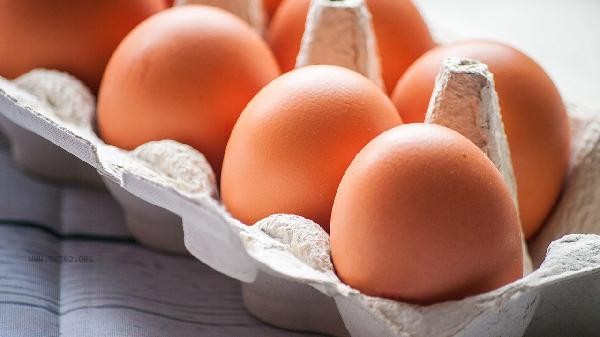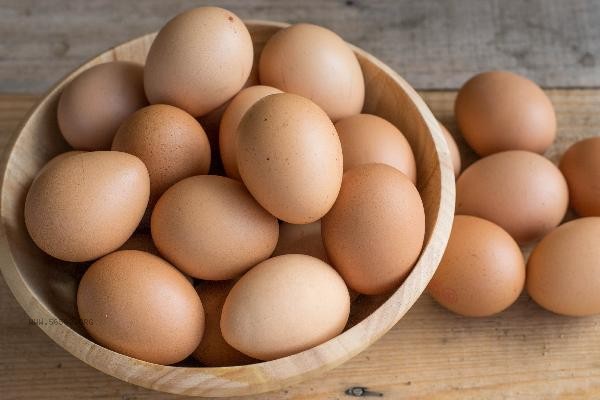The key to avoiding cracking when boiling eggs is to control the water temperature and operating techniques, which can be achieved by using cold water, slow boiling over low heat, adding salt to the water, and other methods.

1. Put the eggs in cold water.
After taking them out of the refrigerator, put them directly into cold water, ensuring that the water level is completely above the egg body. During the slow heating process of cold water, the pressure inside and outside the eggshell gradually balances, which can effectively reduce the probability of rupture caused by temperature differences. If boiling water is used in a pot, the eggshell may suddenly expand due to heat and crack easily.
2. Cook slowly on low heat
After the water boils, immediately turn it to medium low heat and keep the water surface slightly bubbling. The continuous boiling of a large fire will cause the eggs to violently collide with the pot wall, while the internal steam pressure will suddenly increase. Boiling over medium low heat for 8-10 minutes can ensure egg yolk solidification and reduce mechanical damage.
3. Adding salt to water
Adding 5 grams of salt per liter of water can increase the boiling point of water and slow down the heat transfer rate. Salt can also promote the rapid solidification of egg whites and promptly seal small cracks in the eggshell. This method is more effective for eggs that have been stored for a longer period of time.

4. Pinhole exhaust
Use a thin needle to pierce a 0.5mm small hole at the end of the egg shaped chamber to help slowly release the internal gas. During operation, the needle should be kept clean and the puncture depth should not exceed 3 millimeters. This method can prevent star shaped cracks caused by excessive chamber pressure.
5. Appliance selection
Using thick bottomed cookware can maintain stable water temperature and avoid local overheating. Placing a steaming rack or silicone pad on the bottom of the pot can cushion the rolling of eggs. During the cooking process, gently stir the eggs with a wooden spoon to evenly heat them, but be careful not to bump them.

Boiled eggs should be immediately soaked in cold water. The principle of thermal expansion and contraction can make the egg membrane and shell more easily separate and peel off. When storing eggs in daily life, pay attention to placing the air chamber facing upwards, and the refrigeration time should not exceed three weeks. For eggs with minor cracks, they can be treated by steaming them separately. When choosing fresh eggs, the size of the air chamber can be checked by light transmission. Eggs with an air chamber diameter less than 5 millimeters are more suitable for boiling.









Comments (0)
Leave a Comment
No comments yet
Be the first to share your thoughts!